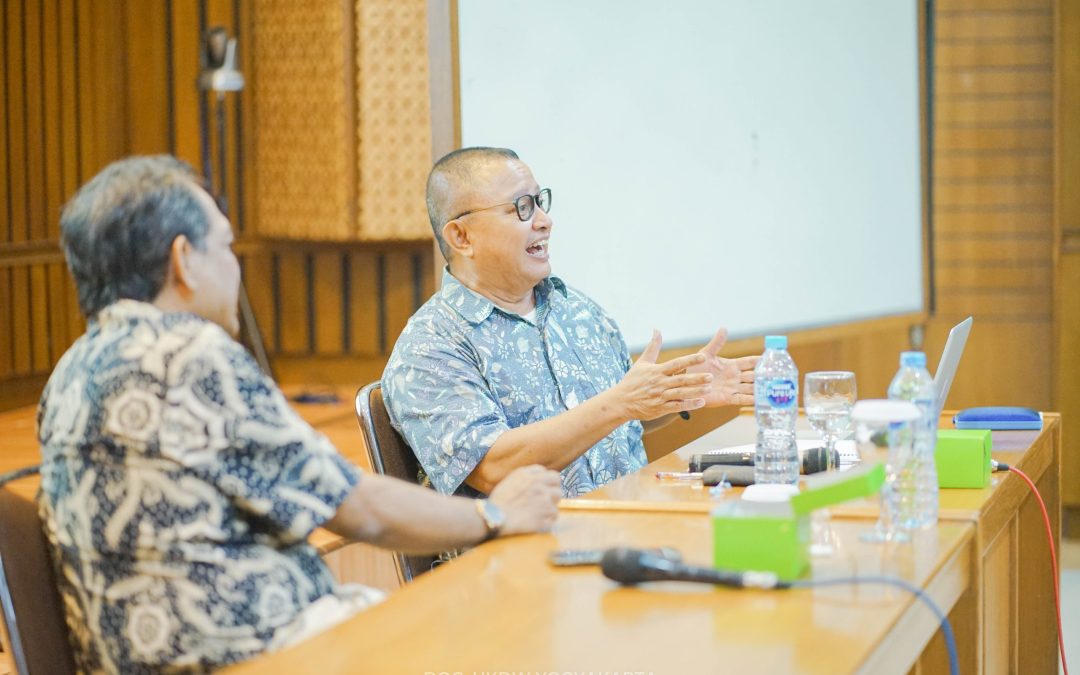


Growth, progress, and innovation are terms that currently define Asia, particularly East and Southeast Asia, on the global political and economic stage. Recently, this region has been recognized as a major driver of global economic transactions, challenging Western dominance that has persisted for the last half-century following the collapse of socialist states. The region’s progress is often attributed to pragmatic economic policies and Asian values, a notion popularized by Mahbubani (2008), who argued that the rise of Asia marked the ascendancy of non-Western civilization, rooted in Asian pragmatism in facing global challenges. While this perspective highlights the socioeconomic advancements and strategic global positioning of Asia, it tends to be overly simplistic and calls for a more nuanced analysis and discussion.
A reevaluation of these theses is crucial, as Asia, despite its many achievements, still grapples with significant challenges. Various surveys, reports, studies, and news sources reveal that the continent remains plagued by poverty, inequality, and authoritarianism. Japan’s economic stagnation, the rise of China, increasing political and security competition, and the democratization movement add to the region’s complexity. Amid these changes, neoliberalism continues to guide the governance of countries and regional orders in Asia. This dominance of neoliberalism prompts important questions: How does neoliberalism influence political, economic, social, and cultural discourse in Asia? What is the future of neoliberalism in Asia, particularly in Indonesia?
To address these questions about geopolitical developments in Asia and their impact on Indonesia’s economy and politics, the Center for the Study of Economic and Business (PSEB) at the Faculty of Business, Universitas Kristen Duta Wacana (UKDW) Yogyakarta, held a roundtable discussion on Thursday, November 16, 2023, in the Rev. Dr. Harun Hadiwijono Seminar Room. The event featured Agung Iriantoko, MA, Ph.D., a graduate of the University of California Berkeley and Sussex University, guest lecturer at Lemhanas RI, research scholar at Harvard University, and Board of Advisor to the President of BP Migas.
Moderated by Drs. Purnawan Hardiyanto, M.Ec.Dev., Head of PSEB, the discussion focused on the theme “Indonesia Amid the World’s Geopolitical Map.” It explored the relationship between recent political developments in Indonesia and the dynamic changes in the global geopolitical landscape. The event was attended by lecturers from various faculties, church representatives, and Christian organizations.
The roundtable aimed to provide a platform for in-depth analysis and dialogue on the current geopolitical trends and their implications for Indonesia. It sought to foster a better understanding of how Indonesia can navigate and leverage its position within the evolving geopolitical framework of Asia and the broader world. Through such discussions, PSEB hopes to contribute to the ongoing discourse on Indonesia’s role in global geopolitics and its future in the context of regional and global economic and political shifts. [humasukdw/Eng.bel.ed.drr]
